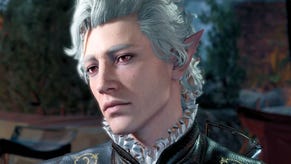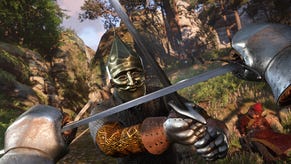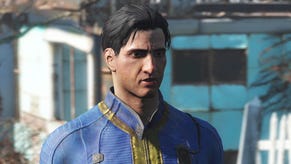Katamari's Takahashi leaves Namco
Noby joby boy.
Katamari creator and loveable crackpot Keita Takahashi has left the employ of Namco Bandai.
The artist and designer's departure was confirmed to Play.tm by a spokesperson for the publisher.
According to Play.tm, Takahashi had been making gloomy and disinterested remarks about the future of videogaming in interviews (though this is really nothing new for him). In a recent interview with The Setup, he said: "I make videogames for the so-so company Namco Bandai Games Inc. I am so inefficient I only made four games in 11 years."
Takahashi was the leading light behind the surreal PS2 cult smash Katamari Damacy and its superb sequel We Love Katamari, although he wasn't involved in its other sequels, spin-offs and remakes.
He then made the delightfully bonkers Noby Noby Boy for PSN - the best game of 2009 that wasn't really a game - and an iPhone extension of it that was so bizarre, even we didn't really know what to do with it.
If Takahashi has left the games industry for good (he's currently designing a playground for a park in Nottingham), he will be sorely missed here at Eurogamer, not just for his games, but for his self-deprecating humour and occasional loopy wisdom.
Personal highlights include the two interviews we conducted with him for Noby Noby Boy ("I believe that it is alright to create a stupid and irresponsible game, I really do,") and a presentation at GDC 2009, during which he uttered the following:
"If we love videogames, we have to feel more, and observe more, and enjoy more while we create games. There is no completion in games, they are always developing, but despite that we say that there is a certain way that games have to be.
"Perhaps we are hiding behind these rules, and relying on past experiences. Perhaps we have to ignore the players and our companies. Maybe we should just try creating a game that we like."
Word.








